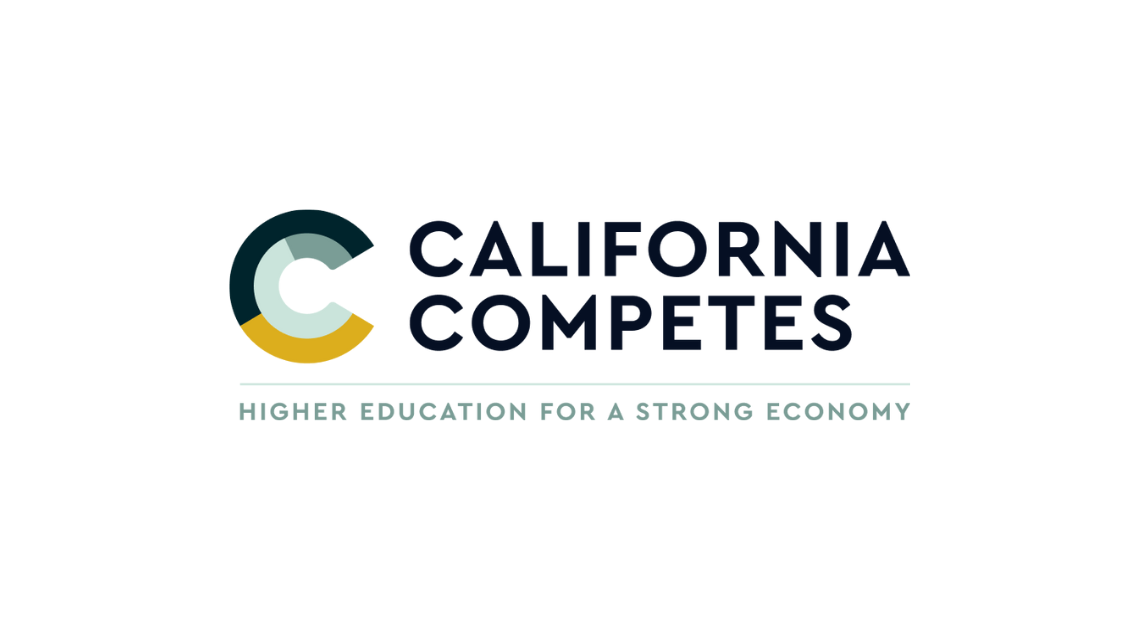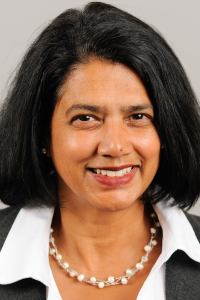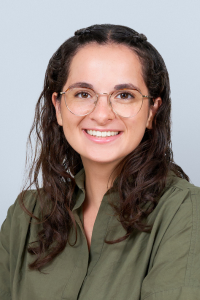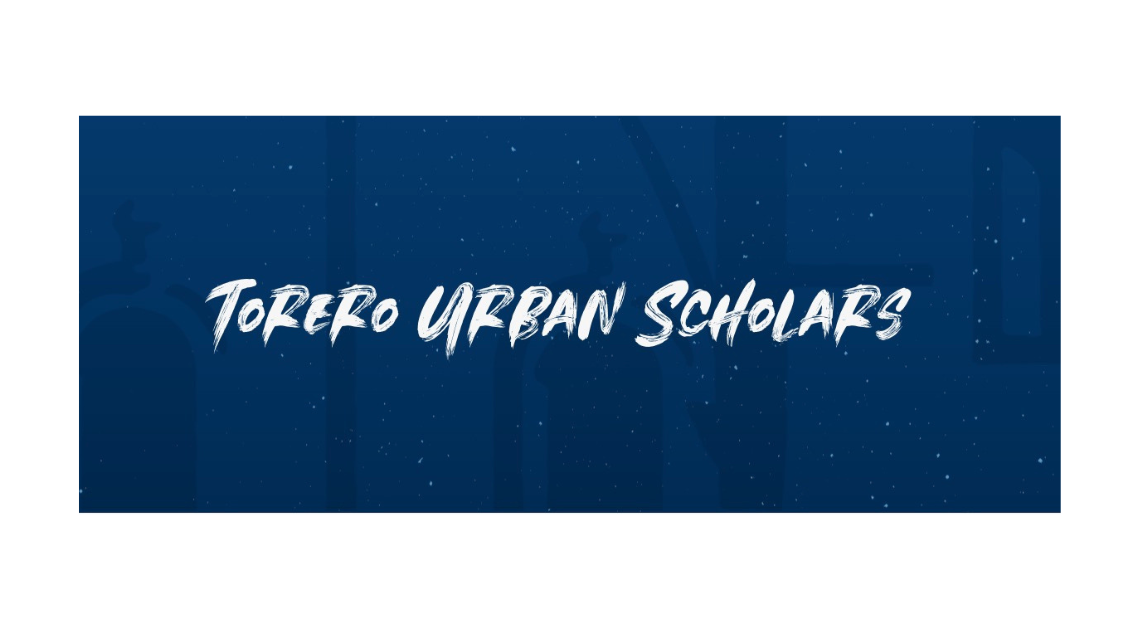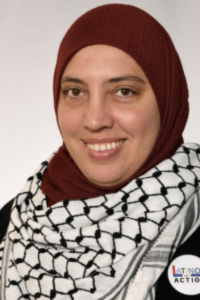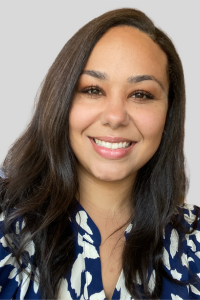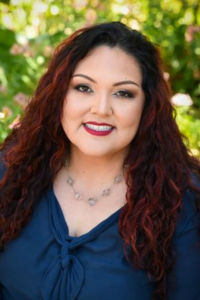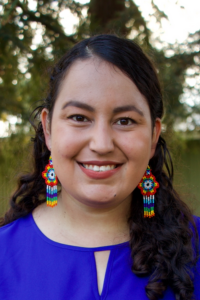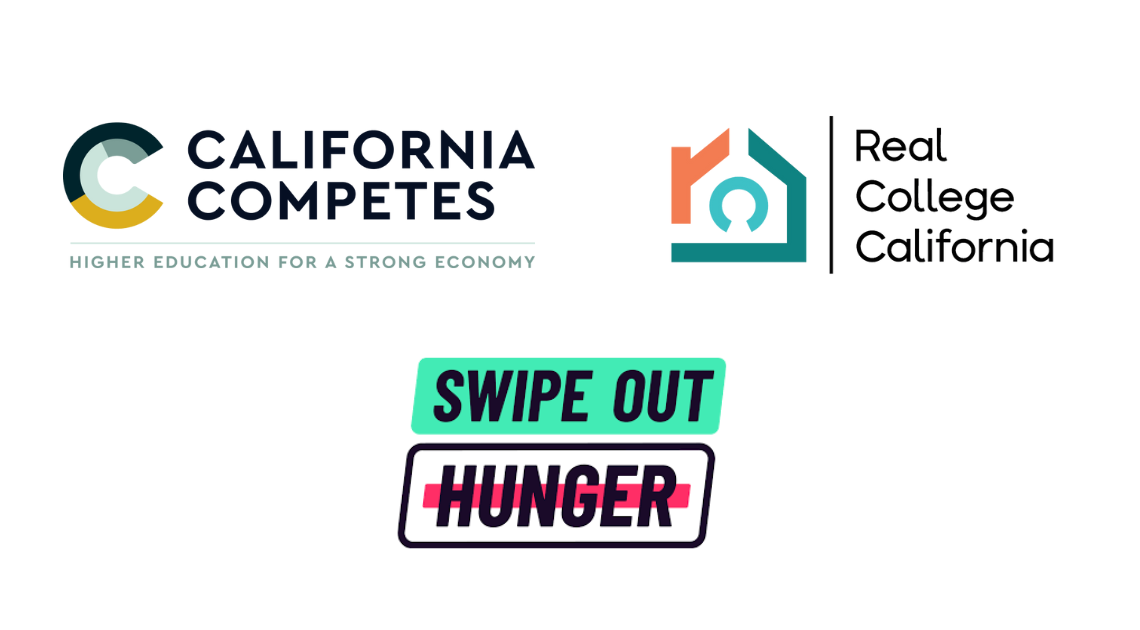By Kenia Miranda Verdugo
Every year, California’s wildfires ravage communities and are fought by unsung heroes: incarcerated firefighters. Often trained in fire camps, incarcerated firefighters work tirelessly on the frontlines to protect communities and land. Despite their civil service, they face enormous obstacles translating their skills into civilian firefighting jobs. The Michelson 20MM Foundation is proud to continue our support of incarcerated firefighters and shed light on the ways we can provide the second chance they deserve.
A Brief History of Incarcerated Firefighters in California
Since World War II, incarcerated individuals have played a vital role in California’s firefighting capability. The creation of “fire camps” in the 1970s, however, expanded the program under the California Department of Corrections and Rehabilitation (CDCR). Through fire camps, incarcerated individuals are trained to fight fires, perform search and rescue missions, and assist with emergency services. In exchange for their work, fire camp participants earn reduced sentences and credits toward early release.
As Californians actively track the containment rate of fires, many do not realize that incarcerated firefighters are being exploited and face challenges after the fire season. Through the arrangement, the state gains access to a reliable and low-cost workforce. In fact, it is estimated that fire camps save the state $100M a year. Although they provide a vital resource to save lives and protect property in hazardous conditions, the incarcerated firefighters’ pay is minimal. An incarcerated firefighter is paid well below minimum wage, typically between $5.80 and $10.24 a day—making their labor one of the most exploitative elements of California’s prison system.
January 2025 brought unprecedented destruction to the state, with incarcerated firefighters playing a key role in controlling the devastation—despite their unjust wages. CalFire estimates that there have been over 300 wildland fires this year alone. This includes the Palisades and Eaton fires, which were two of the state’s deadliest and most destructive fires to date. Ending the destruction and containing the 50,000+ acres burned statewide would not have been possible without incarcerated firefighters. In fact, over 1,100 incarcerated firefighters risked their lives last month. As these public safety heroes return from the fire camps, however, they will face barriers of their own.
The Barriers to Reentry: Challenges for Incarcerated Firefighters Upon Release
In addition to the low pay, many formerly incarcerated firefighters face significant barriers transitioning to a permanent career in civilian firefighting. Legal and institutional factors compound the barriers to reentry. This creates a complicated landscape for individuals who have the skills but are still marked by their criminal history.
Criminal Records and Employment Discrimination
The most immediate obstacle is the stigma associated with having a criminal record. California has made strides to reduce employment discrimination against formerly incarcerated individuals. Notably, this was reflected in the passage of laws, such as the California Fair Chance Act. Even with legislative frameworks in place, many public and private agencies are reluctant to hire someone with a conviction.
Licensing and Certification
Formerly incarcerated individuals must also navigate a complex web of licensing requirements. California’s fire service certification system is stringent, including various levels of training, testing, and qualifications. Unfortunately, the training and hands-on experience fire camp participants received does not automatically translate into the required certifications.
For example, many fire departments require firefighters to complete additional certifications, such as becoming Emergency Medical Technicians (EMT). This requirement may present significant hurdles for formerly incarcerated individuals. Each certification necessitates financial means, resources, stability, and time to complete after release.
Limited Access to Resources and Support
Prior to beginning their career, formerly incarcerated firefighters need to secure stable housing, access mental health care, and obtain reliable transportation. Lining up these resources can be riddled with additional barriers, particularly for fire camp participants who were incarcerated for long periods.
Limited Pathways to Reemployment
Although incarcerated firefighters have a track record of helping stop destructive blazes, one of the greatest paradoxes is how they also find it difficult to enter the firefighting profession upon release. The notion that a seasoned wildland firefighter would be turned away from the job after release seems counterintuitive. It is, however, a systemic issue deeply rooted in how criminal justice and labor laws intersect.
Recent Efforts to Break Down the Barriers and Potential Solutions
Recognizing these challenges and the heroism of incarcerated firefighters, there have been growing calls for reform. Some advocates argue that California’s fire camp system must be restructured to support a smoother transition upon release. The potential solutions primarily fall into three areas: 1) expanding firefighting certifications; 2) reducing the stimaga of criminal records; and 3) supporting resources for reentry.
Expanding Firefighting Certifications
Recognizing and streamlining the certification process for incarcerated firefighters would be a step in the right direction. California lawmakers, fire organizations, and advocates are looking into ways incarcerated firefighters can more easily transfer their experience into civilian certifications. Efforts to create pathways that credit the training received in fire camps could ease the transition to permanent firefighting positions. As an example of this, the Michelson Center for Public Policy sponsored AB 1908 in 2022, a bill that sought to provide firefighting certifications for incarcerated firefighters.
Reducing the Stigma of Criminal Records
To address the stigma associated with criminal records, further legislative action could create hiring incentives. These incentives would be given to fire departments that onboard formerly incarcerated individuals and provide financial support or training grants. As a result, the workforce gap will be filled, formerly incarcerated individuals receive stable employment, and recidivism is reduced.
Support and Resources for Reentry
For five years, Michelson 20MM has supported reentry programs that are specifically tailored to the unique needs of incarcerated firefighters. The Forestry and Fire Recruitment Program (FFRP), a multi-year Spark Grantee, is a true example of this. They provide formerly incarcerated individuals with a pathway to careers in firefighting and forestry management. Through hands-on training, education, and mentorship, FFRP helps participants gain the skills and certifications needed to pursue a career in fire management, while also offering reentry support. It bridges the gap between the valuable firefighting experience gained in prison fire camps and civilian firefighting opportunities. Ultimately, the program offers a second chance for both career advancement and personal rehabilitation, serving as a scalable model for the state
A Call for Change in California
The state’s incarcerated firefighters have proven themselves to be brave, capable, and committed individuals. By addressing the barriers to reentry, we can help create a system that acknowledges their service, supports rehabilitation, and benefits society. As a result, experienced, trained firefighters will work where they are needed most. Supporting formerly incarcerated firefighters isn’t just about second chances—it’s about building a safer, stronger California for everyone.
About Michelson 20MM
Michelson 20MM is a private, nonprofit foundation working toward equity for underserved and historically underrepresented communities by expanding access to educational and employment opportunities, increasing affordability of educational programs, and ensuring the necessary supports are in place for individuals to thrive. To do so, we work in the following verticals: Digital Equity, Intellectual Property, Smart Justice, Student Basic Needs, and Open Educational Resources (OER). Co-chaired and funded by Alya and Gary Michelson, Michelson 20MM is part of the Michelson Philanthropies network of foundations.
To sign up for our newsletter, click here.


